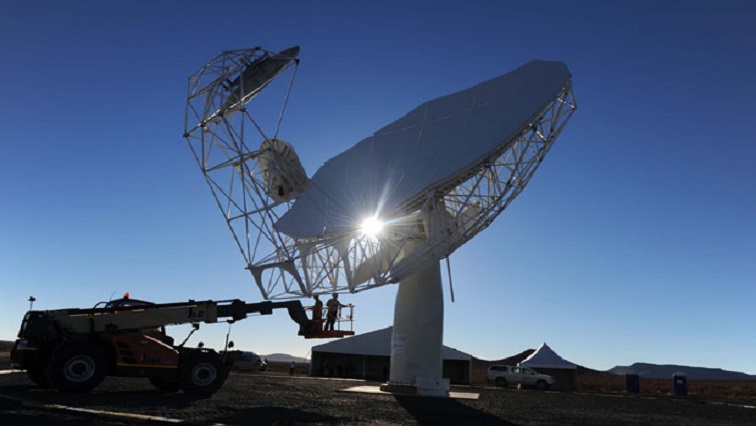2024 marks five years since the first scientific paper was published based on observations that were taken from the MeerKAT radio telescope, in the Northern Cape. The project is creating a large group of young scientists and engineers with world-class expertise in the technologies which will be crucial in the next 10 to 20 years, such as very fast computing, very fast data transport, large networks of sensors, software radios and imaging algorithms.
The MeerKAT Radio telescope is changing the face of science. The first scientific paper, that was published based on observations at from the site was published five years ago. Since then, it has been instrumental in changing the landscape of astronomy, science and technology globally.
The project has also provided training opportunities for young scientists a well as research opportunities and hundreds of scientific papers have now been published with the use of the MeerKAT radio telescope, which is based in the Northern Cape.
“Of those papers were just in this last year what it tells us is that with the amount of growth we’ve seen we can expect the publications to continue but it also means that there is sufficient science that can be done so all the people that we are training will have the ability to still learn from these documents to produce even more fantastic science,” says Pontsho Maruping, Managing Director Sarao.
The project forms part of government’s plans to develop science and technology in South Africa.
“Celebrating five years of the MeerKAT is a very huge milestone for South Africa because it’s part of the realization of our goals of developing astronomy as a science and of course astronomy and the study of the stars has got lots of derivatives in terms of promoting stem,” says Blade Nzimande, Minister of Science and Technology.
MeerKAT consists of 64 dishes. It will be integrated into the SKA1 MID projects, in the Northern Cape, in the coming years which will include an additional 133 dishes, bringing the total number of dishes for the SKA1 MID project to 197.
Video: MeerKAT Radio Telescope – Technological development in SA


